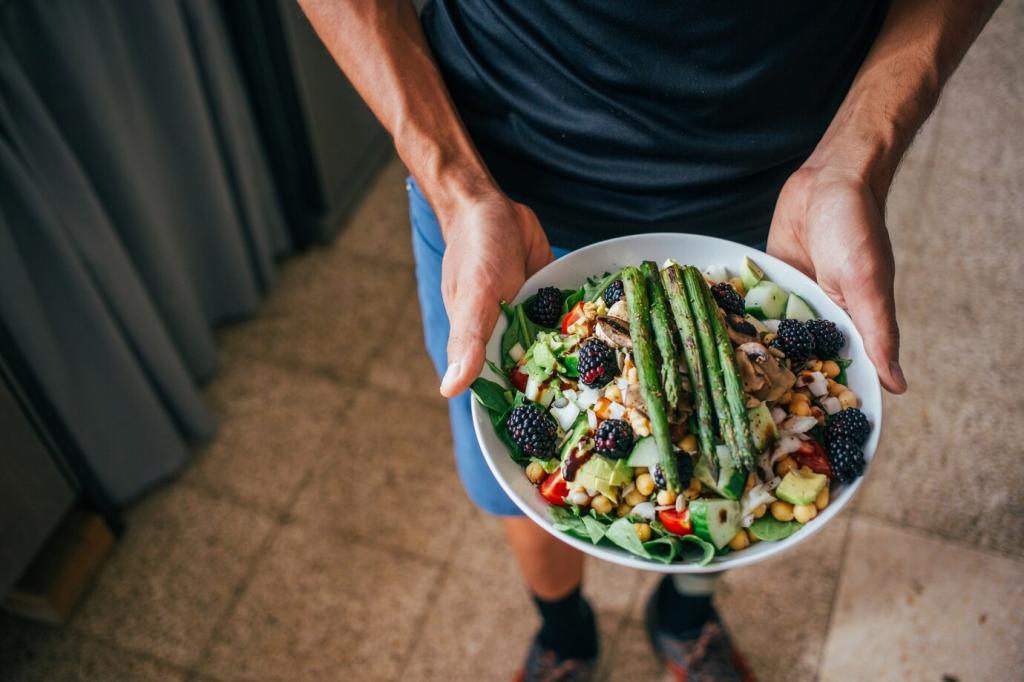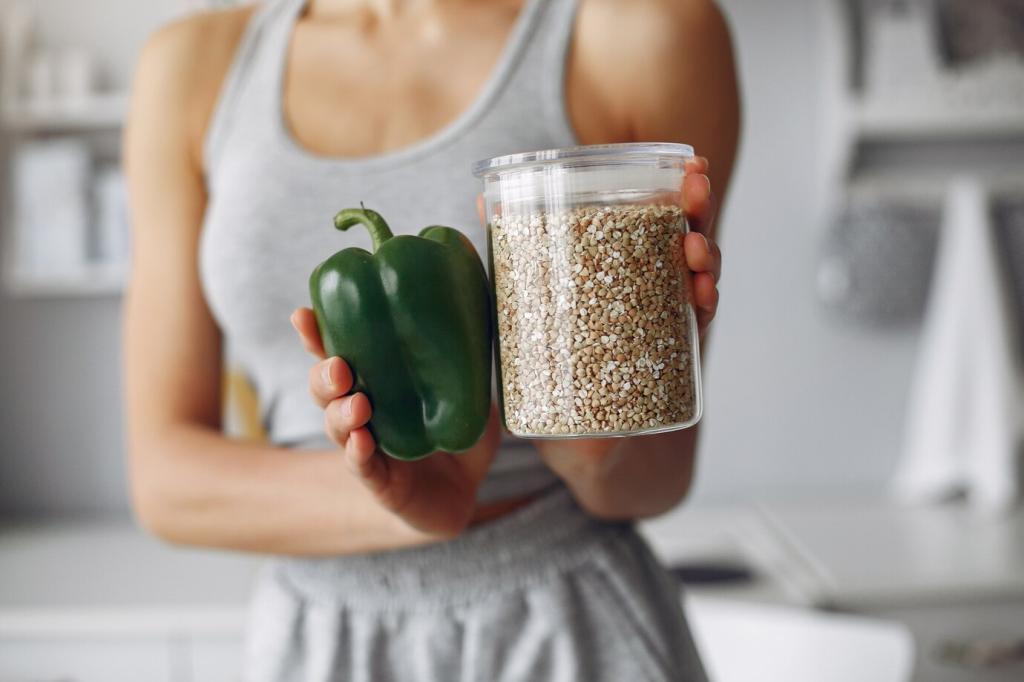Evidence and Anecdotes from the Plant-Based Field
An amateur runner swapped heavy dinners for starch-centered plates—potatoes, beans, and greens—plus a pre-run banana. Within six weeks, tempo pace felt sustainable, and she cut forty seconds off her 10K with a calmer stomach and steadier splits.
Evidence and Anecdotes from the Plant-Based Field
A plant-based cyclist added beet juice shots two to three hours before key stages and boosted leafy greens daily. Reported perceived exertion dropped on climbs, and late-stage surges felt snappier without extra caffeine dependence or sleep disruption.








